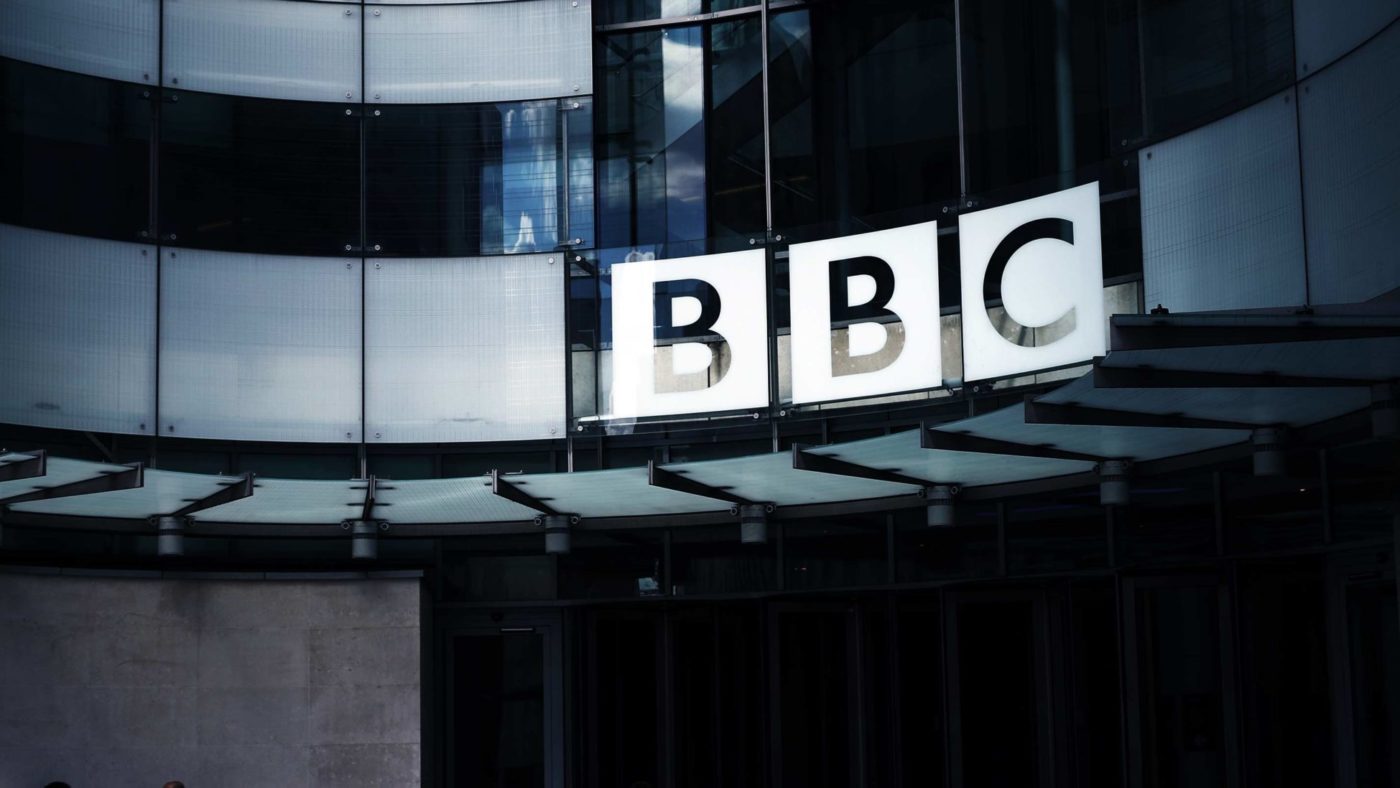Among the maelstrom of election news stories that broke yesterday was one that will be music to the ears of many free-marketeers. Responding to a question from a member of the public, Boris Johnson said that the BBC licence fee should be “looked at” and questioned how “justified” the current funding model from “a general tax” could be in the long term.
It wasn’t a manifesto pledge or a fully fleshed-out policy announcement, but the Prime Minister’s comments reflect those of Culture Secretary Nicky Morgan who, before the election was called, told a select committee she was “open-minded” about how the BBC is funded in future.
Whether Johnson’s remark was reflective of deeper conversations back at Number 10, his own personal view, or an attempt to fling some red meat to supporters during an election campaign doesn’t matter. The BBC licence fee is something that should be looked at and sooner rather than later.
The licence fee has been in place since 1946 and came about at a time when the technology was such that there was no way to regulate or restrict who could receive the signal being broadcast. Having a device capable of receiving the signal meant you received it, whether you were paying or not, so a general tax on everyone owning such a device made sense. Try explaining that to a teenager today, to someone who rarely watches live television, almost never does so on the BBC, and is more likely to access content on their phone, tablet or internet-enabled TV, and you’re likely to be met with blank stares. Young people are rightly asking why they are obliged to pay for content they never watch, with a threat of legal action if they do not?
Technological antiquity isn’t the only objection to the licence fee as it currently stands. Critics of the fee often point to the broadcaster’s perceived bias. Whether intentional or not, for a service intended to “represent diversity and alternative viewpoints”, the BBC does have a public perception problem. A 2018 study found that minority groups felt misunderstood, stigmatised or overlooked by television, people from poorer socio-economic background felt they were portrayed negatively, and the BBC was widely considered to have a white, middle-class, southern bias. How can it be legally justified therefore to force someone to pay for services they feel do not represent them but indeed actively portray them in a negative light?
Defenders of the BBC point to its role as a public service broadcaster and the BBC World service as examples of the good the BBC does, both at home and across the globe, in promoting British values and increasing our understanding of the world. Dare to criticise the BBC and it won’t be long before national treasure Sir David Attenborough’s name is mentioned. The BBC, as a public service broadcaster, is required to “stimulate knowledge and learning” but Sir David himself has made some fantastic documentaries with Sky without the compulsory licence fee to back them up. In an era where television channels run into the thousands and Netflix and Amazon can churn out award-winning documentaries, the licence fee is no longer justifiable on the grounds that we need the BBC to help educate us.
But as a result of 70 years at the centre of our cultural experience, the BBC is held in high regard by many, and moves to privatise it, introduce advertisements, or chip away at the commitment to impartiality are met with hostility.
So what alternatives are there?
The Institute of Economic Affairs has published a report which sets out a third way. In New Vision Professor Philip Booth proposes not privatisation, or a continued poll tax, but a subscriber-owned mutual along the lines of the National Trust. This could be done gradually, as peoples’ TV licences expire. Households could choose to stop receiving certain BBC services or sign-up to become a member of a new BBC. The new structure, much like the National Trust, could have differential membership rates for the young and elderly, for those who prefer to watch purely on a television or across multiple devices, and one-off fees could be paid for temporary or partial access.
A subscriber-owned model would also help square the circle where only 25% of Brits want a privatised service, with 58% preferring public sector ownership, with the desire of 70% of people to see the licence fee abolished or cut and 51% of people believing the BBC should fund itself.
The model would also allow the BBC to freely capitalise on its more popular services by making them more broadly available at a cost. For example, BBC iPlayer is currently unavailable outside of the UK but there is a market, for Brits abroad and non-Brits alike, to access these services.
A further benefit would be removing the BBC once and for all from political interference, whether from the state or corporate interests seeking to influence the political system, while encouraging competition and diversity within the media and entertainment spheres. Members would be encouraged to vote on decisions about the corporation’s future, as many already do with the Co-operative or Nationwide Building Society.
The licence fee, with controversy over its enforcement and who is entitled not to pay, has become a straitjacket which is holding the BBC back. Freeing the corporation by introducing a subscriber-owned model and removing the compulsory element from its funding stream would allow it to flourish.
Click here to subscribe to our daily briefing – the best pieces from CapX and across the web.
CapX depends on the generosity of its readers. If you value what we do, please consider making a donation.


